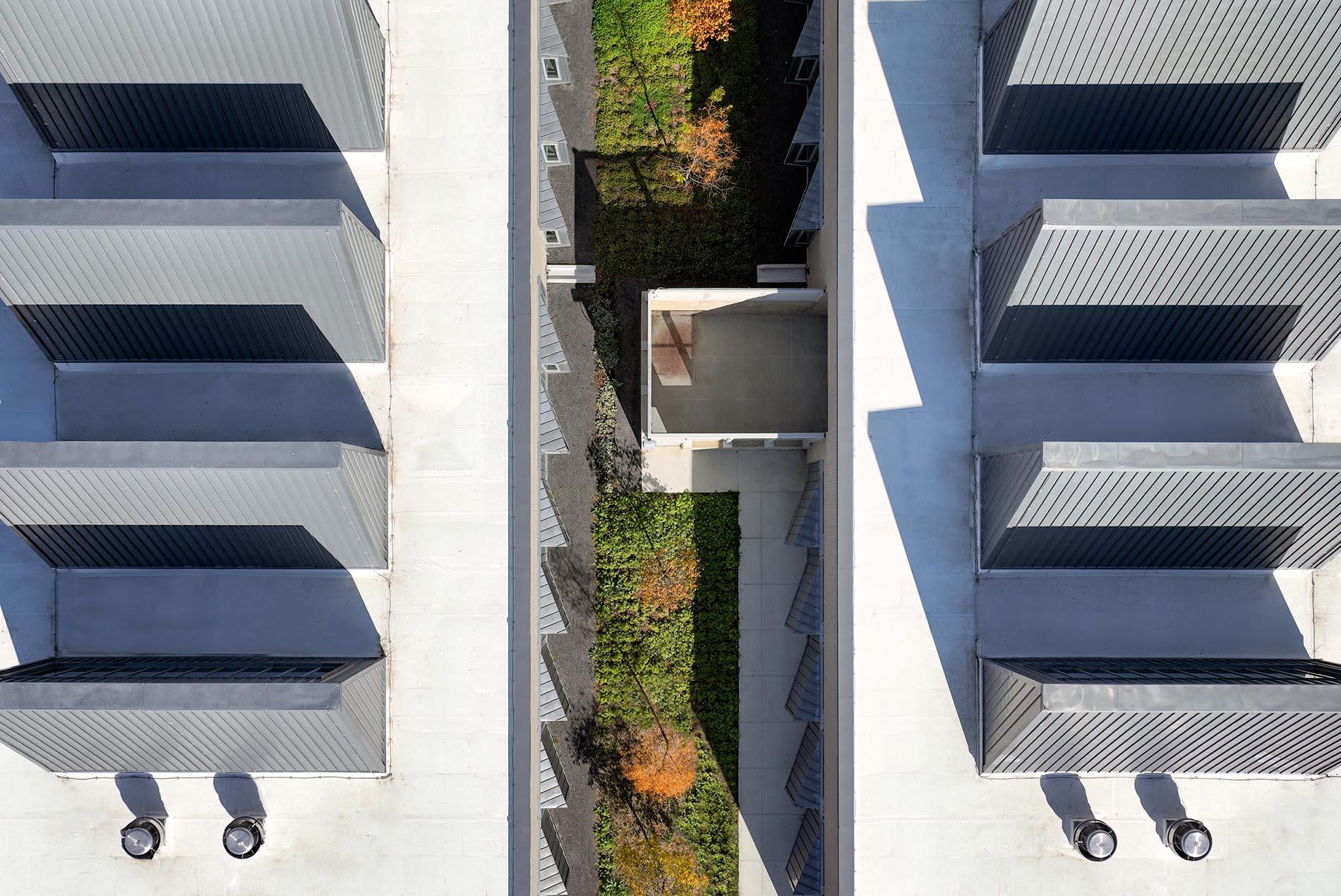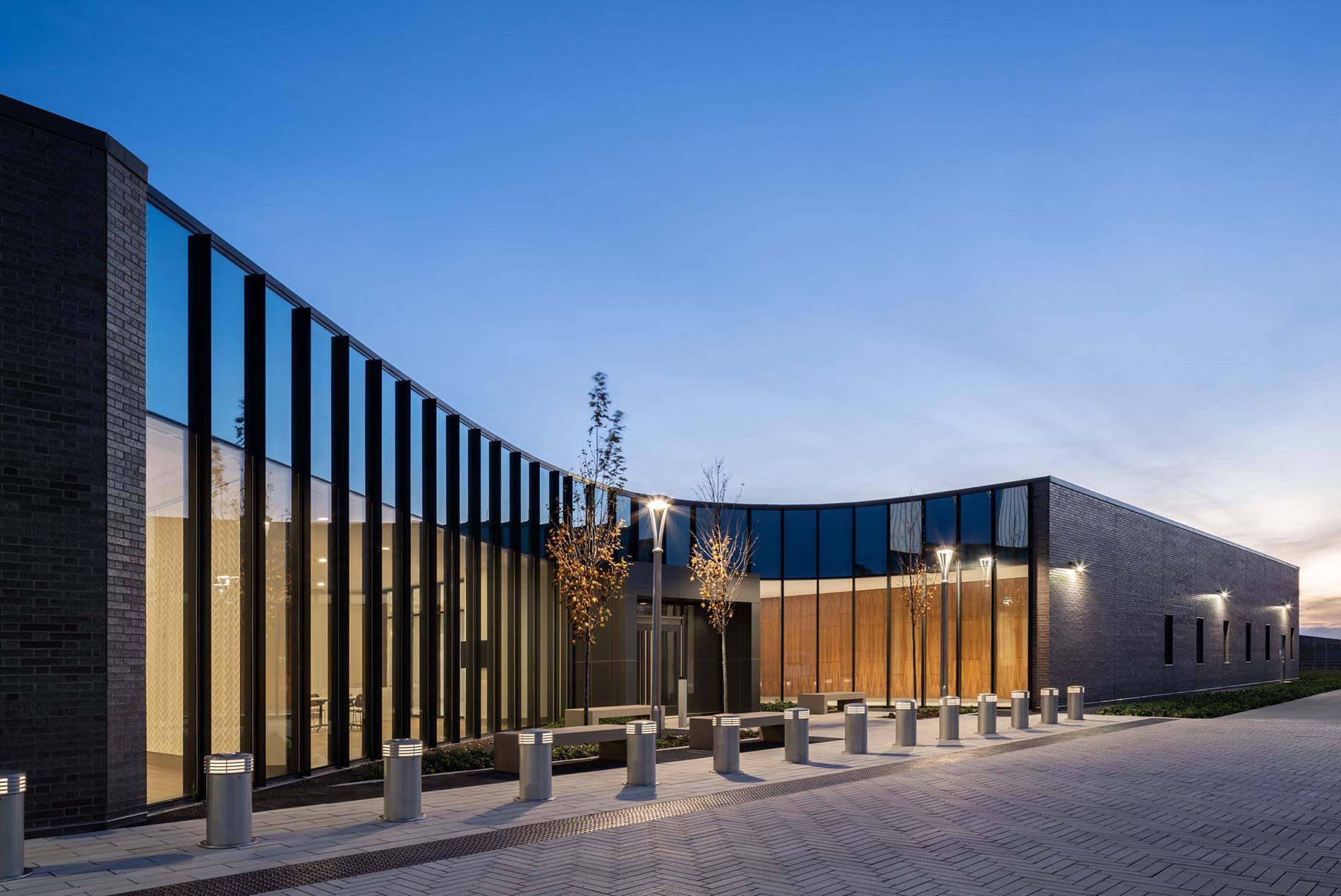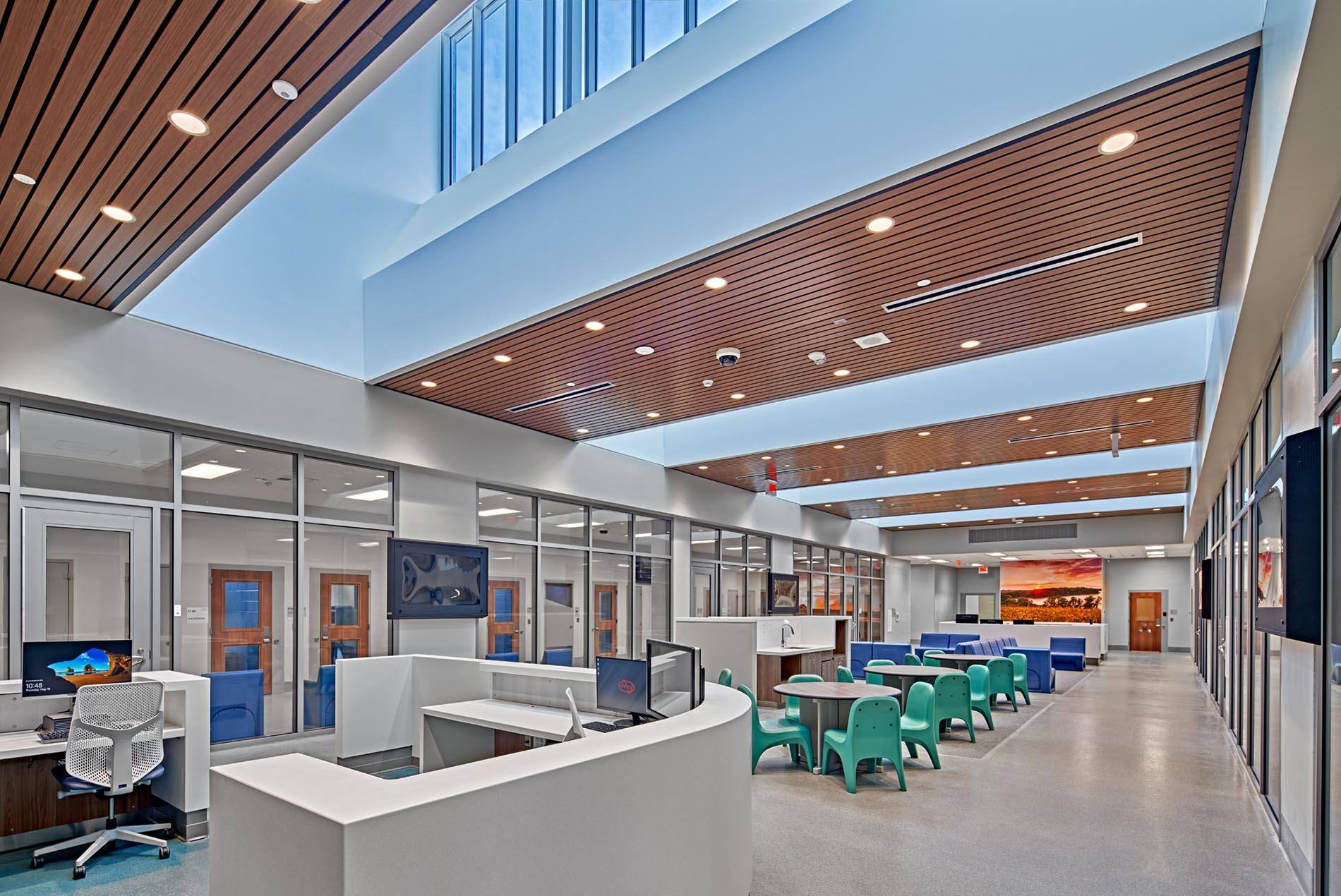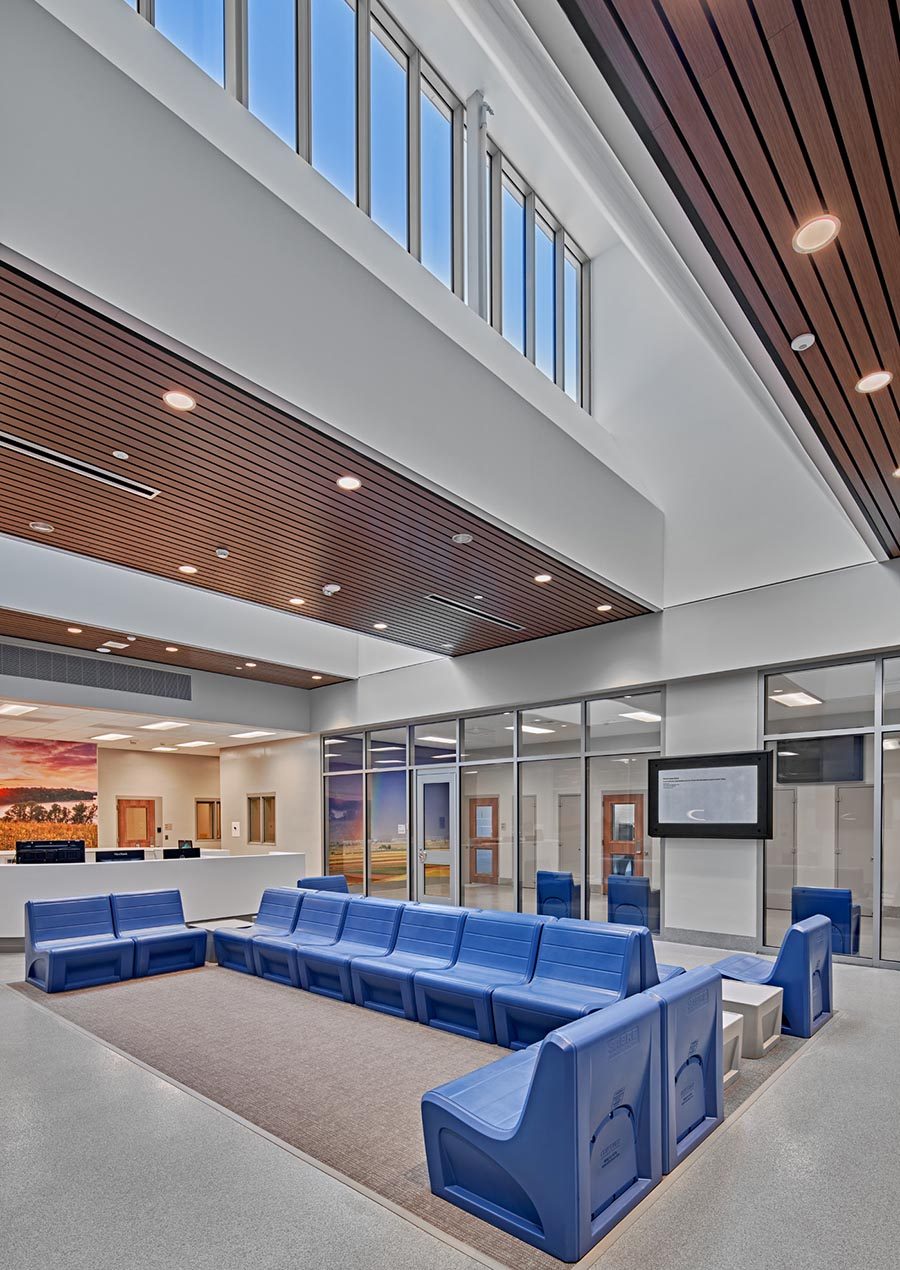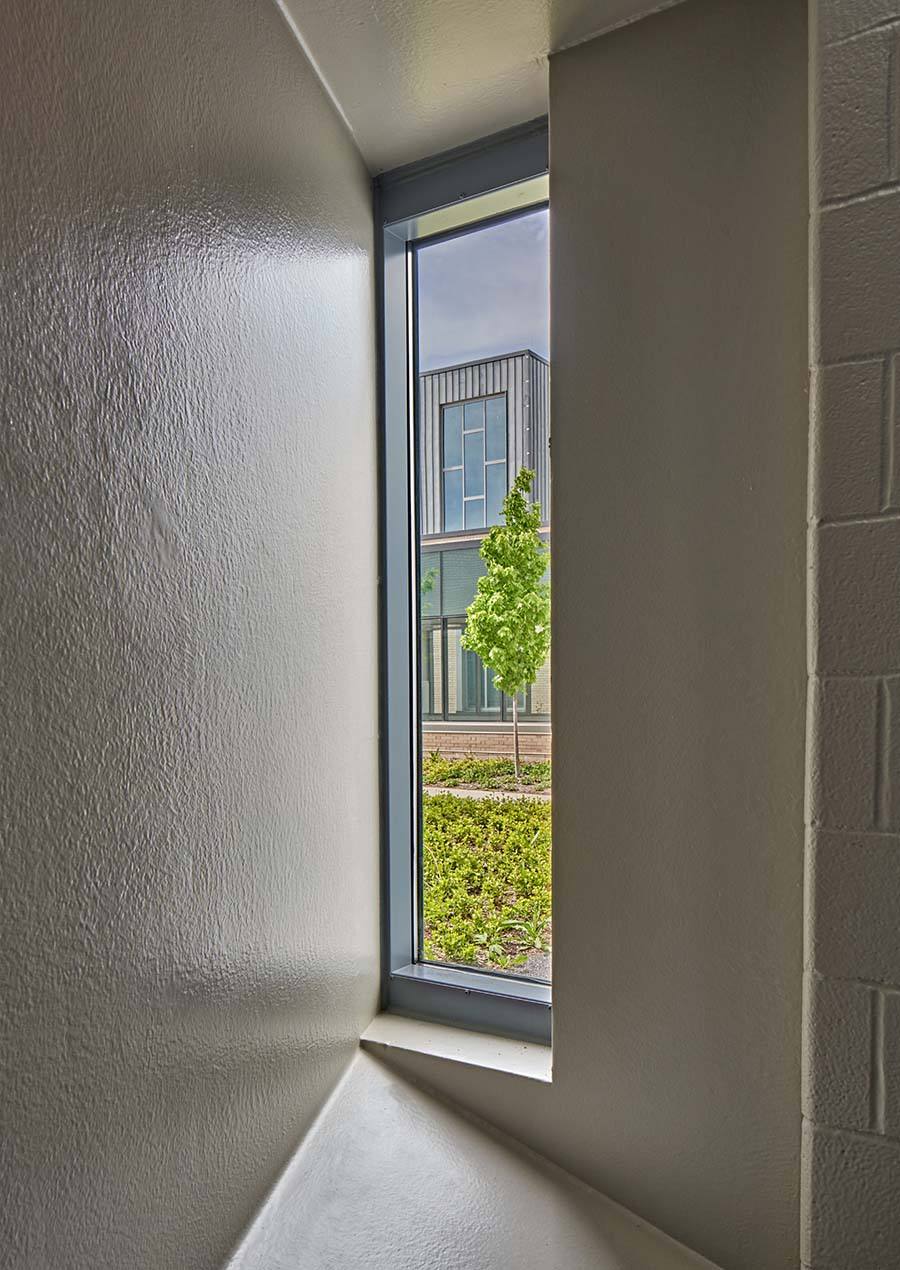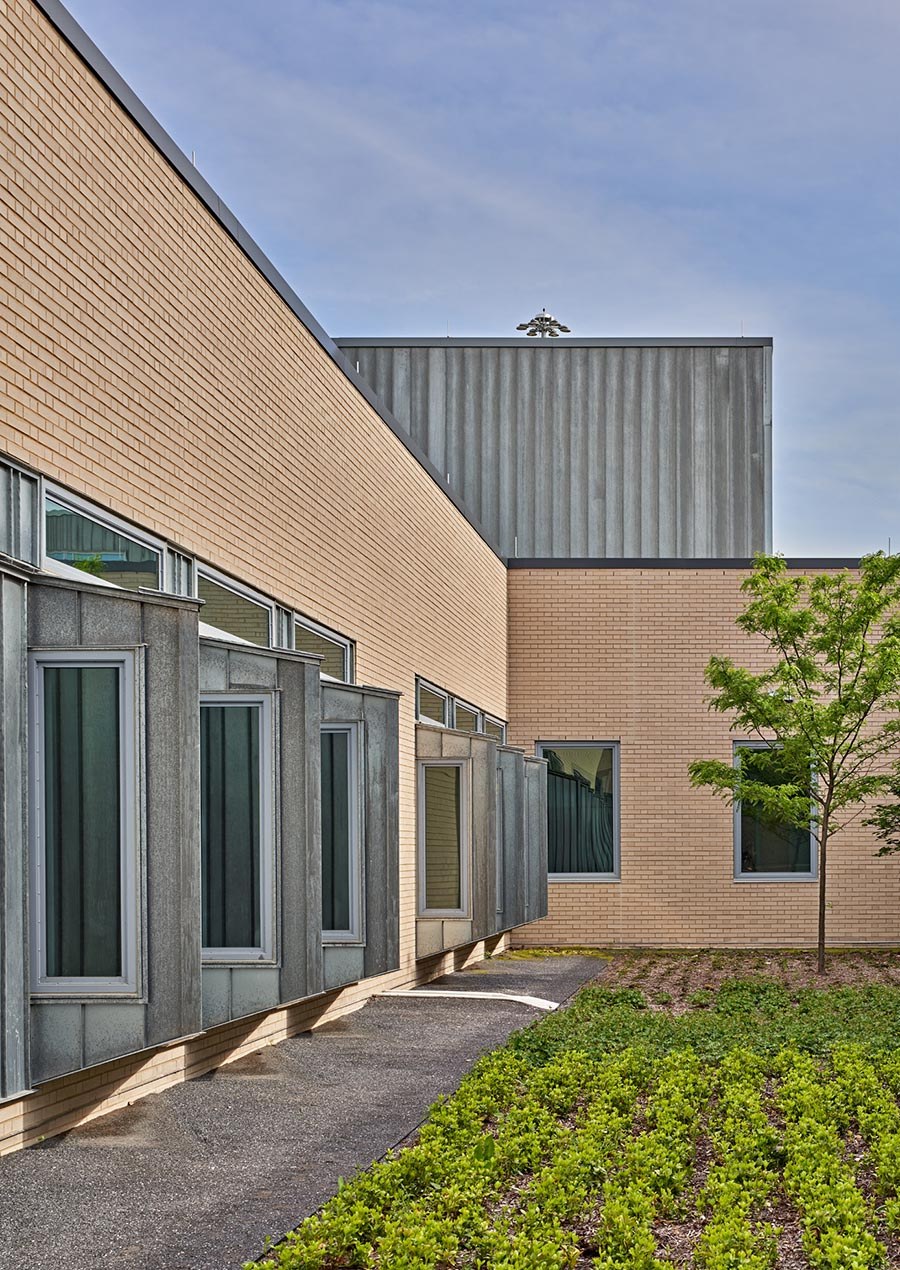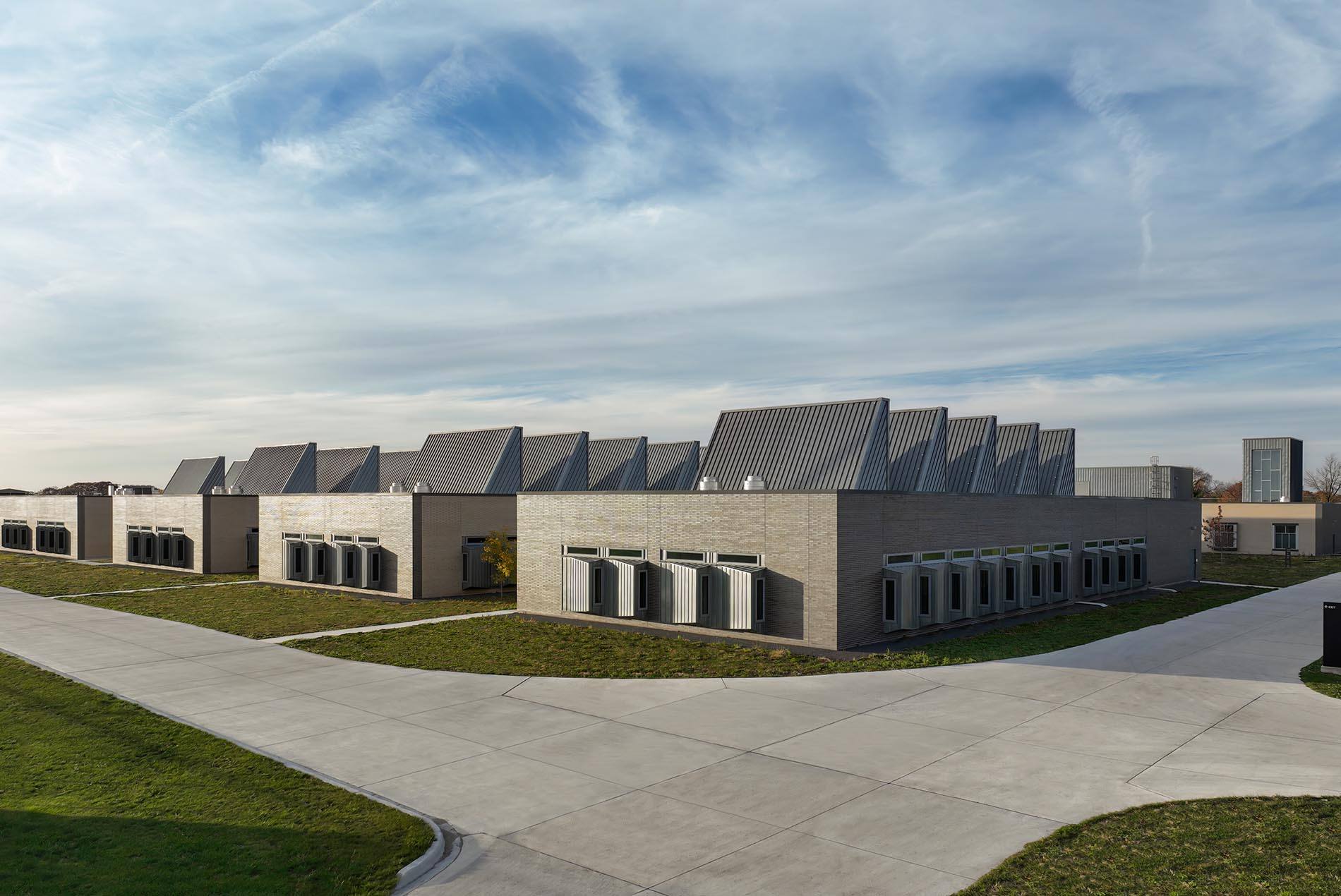The Joliet Inpatient Treatment Center (JITC) is not just a correctional facility—it’s an example of how architecture can transform mental health rehabilitation, setting a new national standard for correctional mental health care.
The escalating number of incarcerated individuals with severe mental illness is a significant national issue. In response, the Illinois Department of Corrections (IDOC) challenged HOK’s design team to conceive an innovative solution. This collaboration resulted in one of the country’s most progressive inpatient facilities.
Our design for the JITC effectively combines the complex needs of healthcare and correctional services. With a focus on human dignity, the team designed calming, light-filled spaces that promote therapeutic views and social interactions. Features like large light monitors, skylights, and light wells maximize daylight, creating an uplifting atmosphere.
To meet public health standards in a correctional environment and ensure a safe, positive workplace, the team placed mental health staff offices within housing units. This strategic placement facilitates immediate care and counseling. Today, the JITC employs over 400 dedicated professionals, ranging from physicians to licensed psychologists, providing comprehensive care to inmates grappling with mental illness.
The design arranges communal and outdoor spaces into unique neighborhoods. Innovative features such as sawtooth clerestories and towering light monitors cut through the structure, flooding the expansive floor space with warm, natural daylight. This creates a distinctive silhouette that varies perspectives and decreases energy consumption, promoting inmates’ well-being.
The JITC serves as an example of best practices in correctional mental health care. By surpassing correctional and public health standards and achieving full ADA compliance, the project demonstrates a strong commitment to inclusivity, adaptability, and equal access to treatment. The eco-friendly design showcases both sustainability and the IDOC’s commitment to environmental stewardship.
The project’s impact extends beyond its walls, reducing inmate recidivism and fostering a more equitable community. By enhancing patient-inmate dignity, the JITC not only eases their reintegration into society but also promises a more equitable future for all.
